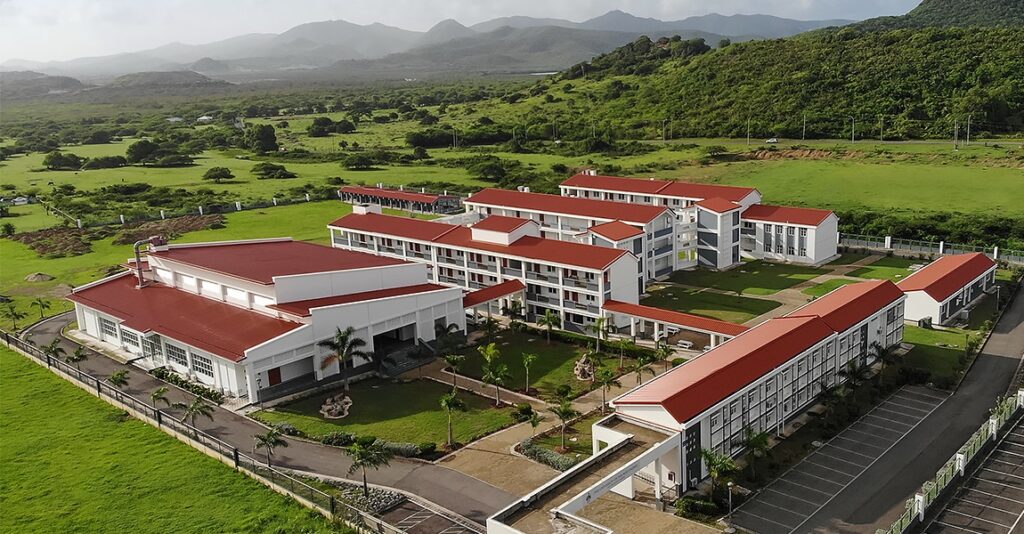Dr. Angela Tabiri, often referred to as Ghana's "Maths Queen," has garnered attention as the first African to win The Big Internet Math Off competition. This remarkable achievement comes from a woman who once hesitated to pursue a career in mathematics. At 35, Dr. Tabiri finds joy in solving complex puzzles and mathematical problems. She hopes her victory will inspire other African women to embrace the field, which has historically been male-dominated.
The Math Off is a tongue-in-cheek competition began in 2018 by The Aperiodical blog, where 16 mathematicians compete for the title of the "world's most interesting mathematician" through public voting. Dr. Tabiri's area of expertise lies in quantum algebra, and she conducts her research at the African Institute for Mathematical Sciences (AIMS) in Ghana. AIMS was established to enhance postgraduate training and research in STEM fields across various African nations.
In addition to her research, Dr. Tabiri serves as the academic manager for the Girls in Mathematical Sciences Programme, which nurtures high school girls' interest in mathematics and aims to foster a new generation of female leaders in research and innovation. Established by AIMS-Ghana in 2020, the initiative aims to bridge the significant gender gap observed in the transition from high school math studies to university-level courses.
Although the enrollment of girls and boys in high school math classes is nearly equal, Dr. Tabiri notes that the number of women pursuing mathematics at the university level significantly declines, predominantly because many girls associate math with teaching jobs. Her mission is to present different career possibilities that mathematics can offer and provide relatable female role models.
Dr. Tabiri’s own journey into mathematics was not straightforward. Raised in Ashaiman, a disadvantaged neighborhood in Tema, Ghana, her family home was bustling with activity as one of five sisters. Initially aiming to study business administration, she was redirected to study mathematics and economics. This turned out to be a fortuitous decision, as her fascination with numbers and puzzles flourished.
Her inspiration stemmed from pivotal moments, including watching the film "Hidden Figures," which chronicles the stories of black women mathematicians at NASA. Dr. Tabiri cites Katherine Johnson's influence as motivating her to persevere, understanding that even if her work remains unrecognized, it could have future significance.
As Ghana recognizes significant milestones in female mathematics education, with Dr. Gloria Botchway being the first woman to graduate with a Ph.D. in mathematics, Dr. Tabiri is determined to support girls from underprivileged backgrounds through her FemAfricMaths organization, offering both in-person and online tutoring.
Moreover, Dr. Tabiri admires the rapidly evolving field of quantum science and technology, considering mathematics as its backbone. She proudly advocates for Ghana to recognize 2025 as the UN International Year of Quantum Science and Technology, coinciding with the centenary of modern quantum mechanics.
As Africa's young population continues to grow, Dr. Tabiri plans to initiate a "quantum road show" aiming to spark interest in quantum science among children earlier in their education. Partnering with UNESCO, she will also lead a "Quantum Hackathon" at AIMS-Ghana, where postgraduate students will tackle pressing challenges using their quantum skills.
Dr. Tabiri emphasizes the importance of preparing the youth for a forthcoming revolution in science and technology, positioning them to become leaders in groundbreaking discoveries.






















